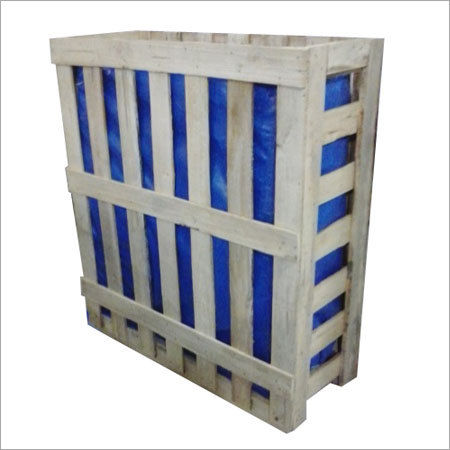Flexible Platforms: A Key to Current Logistics
In the constantly changing world of logistics, the importance of effective transport and storage solutions is paramount. As companies strive to improve their supply chains, one adaptable tool has emerged as a essential player: pallets. These level structures not only facilitate the movement of goods but also maximize storage capabilities in warehouses and fulfillment centers. Among the various types of pallets available, wood pallets are notable for their durability, strength, and sustainability, making them a preferred choice for many industries.
The use of pallets in current logistics has revolutionized the way goods are handled, enabling more efficient loading and unloading processes, as well as improved inventory management. With the ability to stack products safely and transport them safely, wooden pallets help businesses minimize costs and boost efficiency. As logistics continue to be a key component of global trade, incorporating versatile pallets into operations is essential for meeting the demands of the modern market.

The Significance of Wooden Pallets in Logistics
Wooden pallets perform a critical function in the logistics industry, delivering a trustworthy solution for the efficient transport of goods. They provide the crucial strength and durability to support heavy loads, guaranteeing that products reach their destinations safely. The ability of timber pallets to withstand various environmental conditions makes them a preferred choice for a variety of businesses engaged in shipping and storing products.
In addition to their strength, timber pallets are also incredibly versatile. They can be easily tailored to fit multiple dimensions and types of cargo, rendering them suitable for a wide range of industries. This adaptability allows companies to enhance their supply chain operations, as timber pallets can be used for everything from food products to industrial equipment. Their compatibility with forklifts and pallet jacks boosts their functionality, thereby facilitating the loading and unloading processes.
Sustainability is another major advantage of using timber pallets. Numerous businesses are more and more focused on environmentally practices, and timber pallets can be recycled at the end of their life cycle. This guarantees that they aid a more sustainable logistics system while minimizing the environmental impact. By choosing wooden pallets, companies not only enhance their logistical efficiency but also conform themselves with global efforts towards sustainability in business operations.
Types of Wooden Pallets
Timber pallets come in different varieties, all suitable for numerous purposes within transport and storage. The most familiar type is the block-style pallet, famed for its strength and resilience. Designed with solid blocks in the four corners, block pallets can be maneuvered from any side, making them versatile for both forklifts and pallet jacks. Their strong build permits them to support heavy loads, making them ideal for shipping and warehousing.
Another popular option is the stringer pallet, characterized by its incorporation of stringers to provide structural integrity. This pallet type has either two or three flat boards, called stringers, which underpin the top deck where the items are placed. These pallets are often lighter than block-type pallets and are widely utilized in less demanding applications. They are usually easier to create and can be made from various types of wood, making them potentially more economical.
Stackable wood pallets are essential in today's logistics, engineered specifically to maximize space efficiency in storage and shipping. These pallets are designed with a design that allows them to be stacked securely on one another without losing stability. With a goal of improving vertical efficiency, these wooden pallets are especially advantageous in limited floor space warehouses. Each form of wooden pallet plays a unique role in boosting the overall performance of logistics operations.
Eco-Friendliness and Efficiency in Wooden Pallet Use
Wooden pallets are not just an economical choice for transporting goods but also a eco-friendly option for modern logistics. Their organic material allows for low environmental impact in contrast to plastic or metal alternatives. pallets in tulsa are now turning to responsibly sourced timber, ensuring that their wooden pallets come from sustainably managed forests. This helps in mitigating deforestation and supporting eco-friendly practices within the supply chain.
In addition, the durability of timber pallets contributes significantly to their effectiveness. They can withstand heavy loads and are reusable, which minimizes waste and the need for frequent replacements. When carefully handled and maintained properly, wooden pallets can be repurposed or reused at the end of their life cycle, which further improves their sustainability. This cycle of reuse not only conserves resources but also diminishes the carbon footprint associated with manufacturing new pallets.
Additionally, the versatility of timber pallets in diverse logistics applications demonstrates their role in enhancing operational efficiency. They can be tailored to fit specific warehouse needs and can readily adapt to different transport modes, be it by truck, train, or ship. As businesses strive to optimize their processes, the integration of wooden pallets into their logistics strategies is a wise choice, harmonizing both economic and environmental considerations.